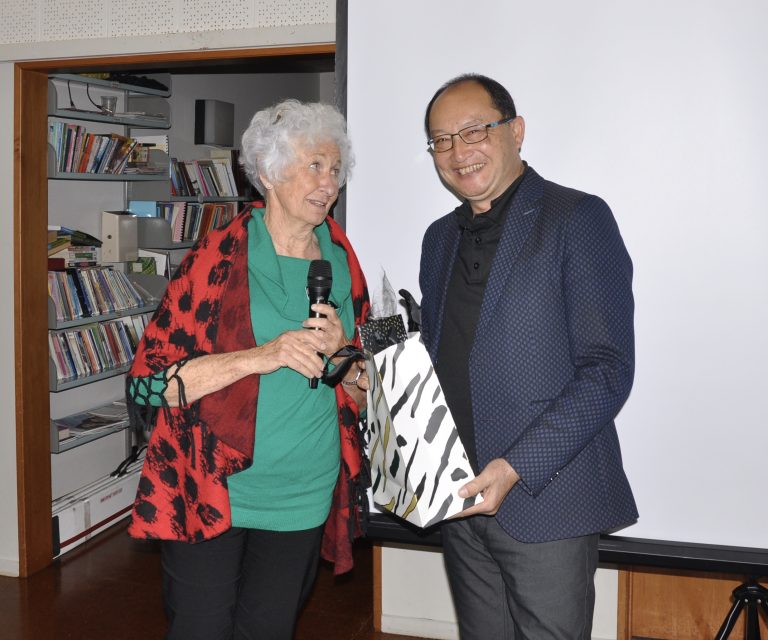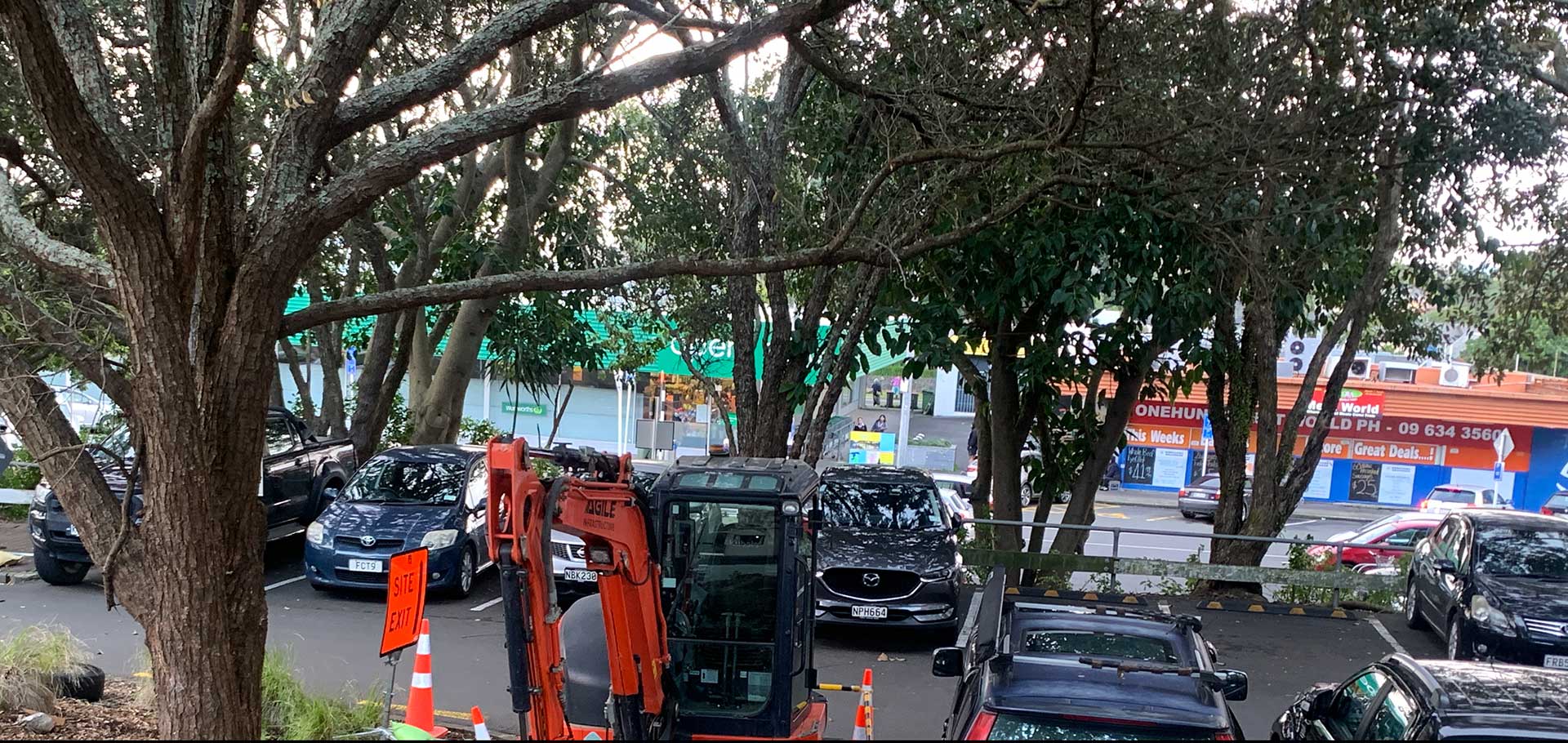Telling it like it is2 min read
Reading Time: 2 minutesAt the beginning of August, Race Relations Commissioner (RRC), Meng Foon, visited the Epsom Combined Probus group to give a wide-ranging talk about his job, and racism and discrimination in New Zealand.
When Race Relations Commissioner, Meng Foon, stood in front of a large room full of mostly Pãkeha New Zealanders in August, he doesn’t mince his words. “Race relations in New Zealand are paper-thin,” he says.
Meng has only been in the role for a year, but in that relatively short time the fluent te reo Mãori speaker has already stamped his own mark on the job with his trademark energy, humour and straight-talking. However, while he’s quick to joke, he’s not afraid to be vocal in calling out racist behaviour and other discrimination in New Zealand.
The Race Relations Commissioner’s job is one of four human rights commissioner roles at the NZ Human Rights Commission/Te Kãhui Tika Tangata. The HRC ‘s purpose is to promote and protect the human rights of all people in New Zealand; a free, fair, safe and just New Zealand, where diversity is valued, and human dignity and rights are respected.
Meng told his audience about some of the areas that the HRC is focusing on, such as bullying in schools, at the workplace, and on the internet. “The sad thing is, 35% of our children are bullied on a daily or weekly basis. That’s 500,000 students – that’s a lot of kids who do not feel safe in their schools,” he says. Some schools use an evidenced-based programme, developed in Finland, called KiVa which includes a range of lessons to prevent bullying. “It actually works – bullying has decreased by 15% where schools use it. Anything we can do to make schools safer is a good thing.”
He went on to talk about racism, pointing out that we are one of the “most diverse countries in the world. There are 216 different ethnicities, with over 300 different ethnic languages.” He says that although New Zealand businesses have evolved over time to reflect diversity, by employing eople who reflect their customer base, it is a different scenario in government, where “structural and racist discrimination” still need to be addressed.
He also talked about the hard-hitting anti-racist video campaign, Voice of Racism. It is the second phase of the 2017 campaign, Give Nothing to Racism, and it’s based on real-life experiences of racism in this country. It aims to further raise awareness of racist behaviour and the harm caused to those on the receiving end of it. The interactive experience relays a range of racist comments and actions alongside the inner thoughts and feelings of people experiencing those comments and actions.
“If you are confronted by someone being racist or discriminating against you, all you need to say is one thing. Can you be kind. That makes people think. Call it out. Some people do it habitually, not knowingly,” he says.
(Meng Foon with Epsom Combined Probus president Eileen Petrie)



